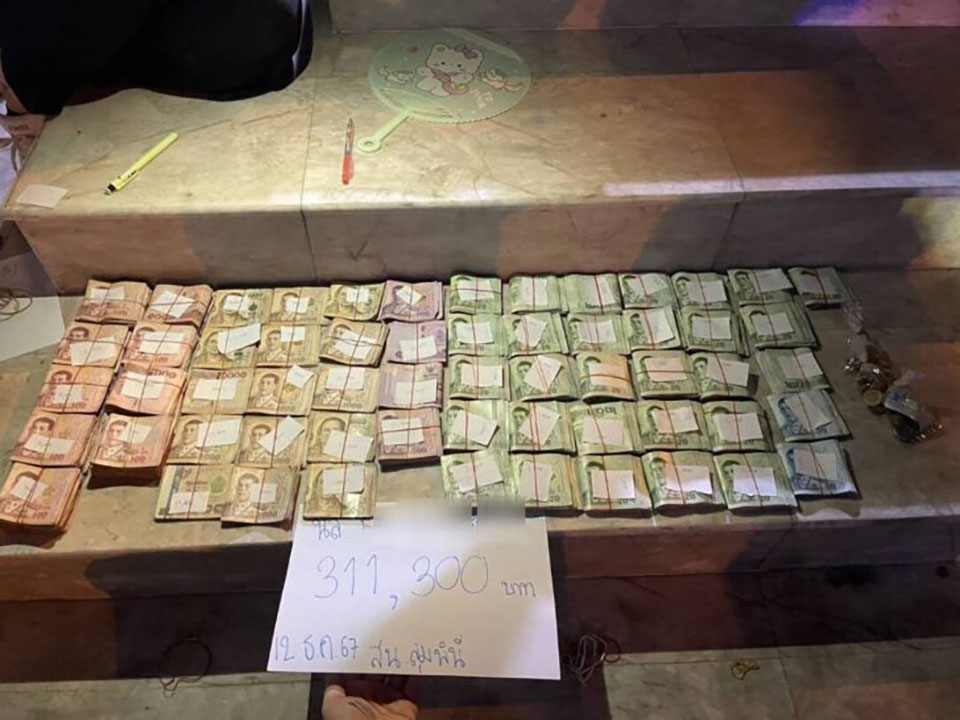
BANGKOK, Thailand – In Thailand, begging can be surprisingly lucrative for various reasons, driven by cultural norms, the generosity of locals, and the high foot traffic in urban areas. Here are some key factors explaining why some beggars manage to accumulate significant wealth:
Cultural and Religious Beliefs
Buddhist Values: Many Thai people follow Theravada Buddhism, which emphasizes making merit as a way to improve one’s karma. Giving money to beggars is often seen as a simple, accessible form of merit-making, which encourages generosity toward those perceived to be less fortunate.
Compassion for the Elderly and Disabled: Thai society deeply respects the elderly and has compassion for people with disabilities. Beggars who fit these categories often receive more sympathy and, consequently, larger donations.
High Tourist Footfall
Popular tourist destinations such as Bangkok, Pattaya, and Phuket see millions of visitors annually. Tourists, unfamiliar with local dynamics, often feel compelled to give money as an act of kindness, not realizing that begging may be a professional activity for some.
Tourists are more likely to donate larger sums, assuming that beggars are genuinely in need, which significantly boosts their income.
Strategic Begging Hotspots
Beggars tend to station themselves in areas with heavy foot traffic, such as markets, temples, and public transportation hubs, where they can encounter hundreds or even thousands of people daily.
Wealthier neighborhoods and upscale areas, like Sukhumvit in Bangkok, are particularly profitable due to the higher disposable income of passersby.
Professional Begging Networks
In some cases, begging is organized by syndicates that employ individuals, including children and people with disabilities, to solicit donations. These networks strategically place beggars in prime locations, taking a cut of their earnings while ensuring they receive maximum exposure.
Although illegal, such operations can generate significant income, especially when operating in major cities.
Low Cost of Living for Beggars
Many beggars live frugally, often sleeping on the streets or in cheap accommodations, allowing them to save a significant portion of their earnings. Stories have emerged of beggars amassing wealth, including substantial bank savings and property ownership, over years of collecting donations.
Public Distrust of Financial Institutions
Some beggars, like the 75-year-old woman found with 2 million baht in savings, prefer to keep large amounts of cash on hand, avoiding banks out of fear of fraud or aggressive sales tactics. This makes their wealth more visible when discovered by authorities.
Lack of Regulation and Oversight
While begging is technically regulated under Thai law, enforcement is inconsistent. Local authorities may crack down on professional beggars or syndicates, but individuals often return to the streets shortly afterward, as begging remains a viable means of income for many.
While genuine poverty and hardship push many into begging, the cultural context, tourism, and lack of robust social welfare systems contribute to its financial appeal for others. This has led to instances where some beggars, whether working independently or as part of networks, can accumulate substantial wealth over time.










